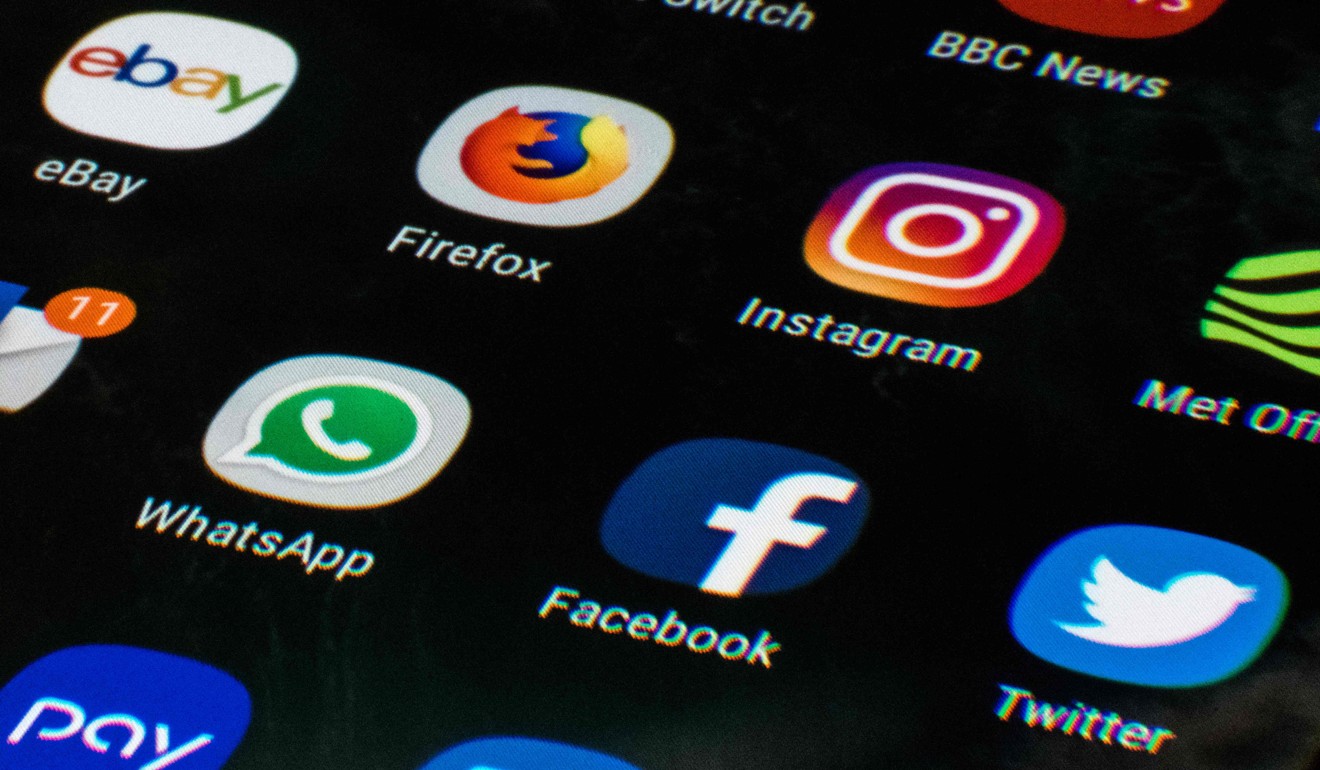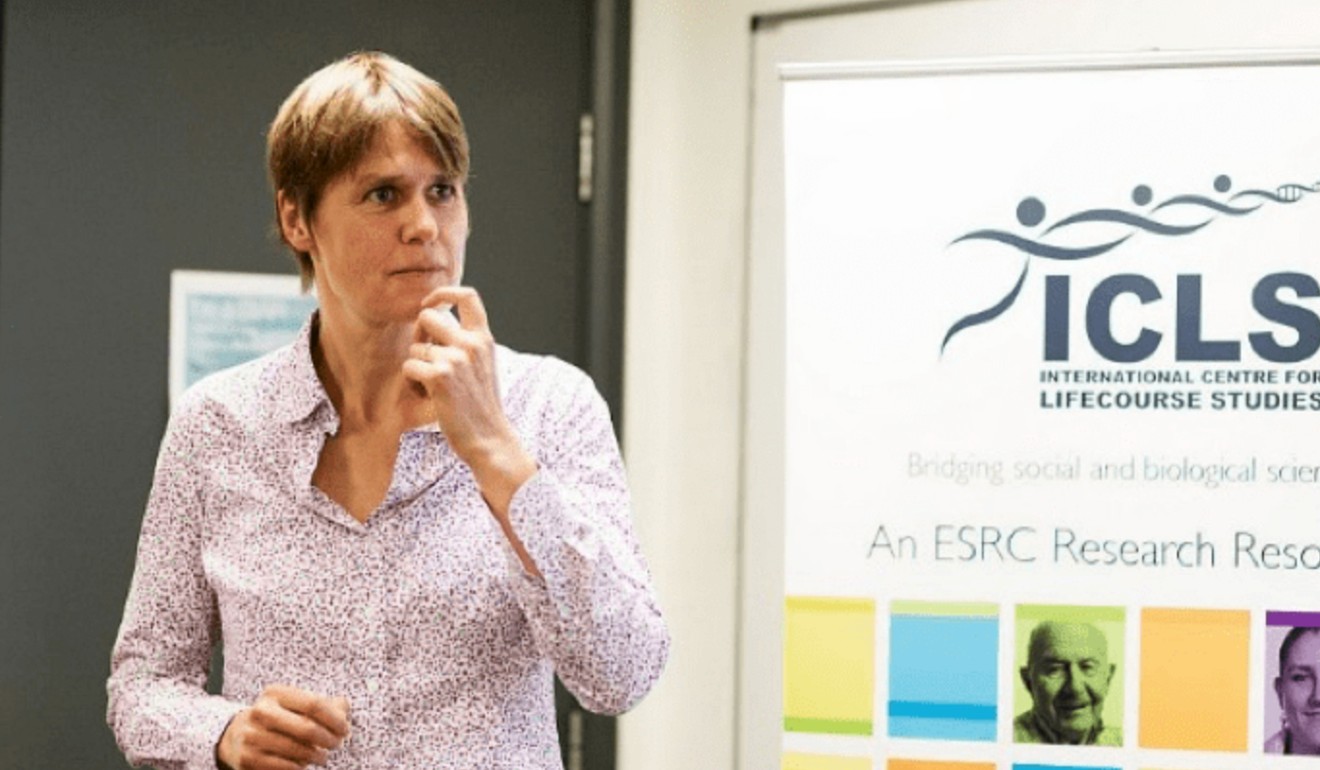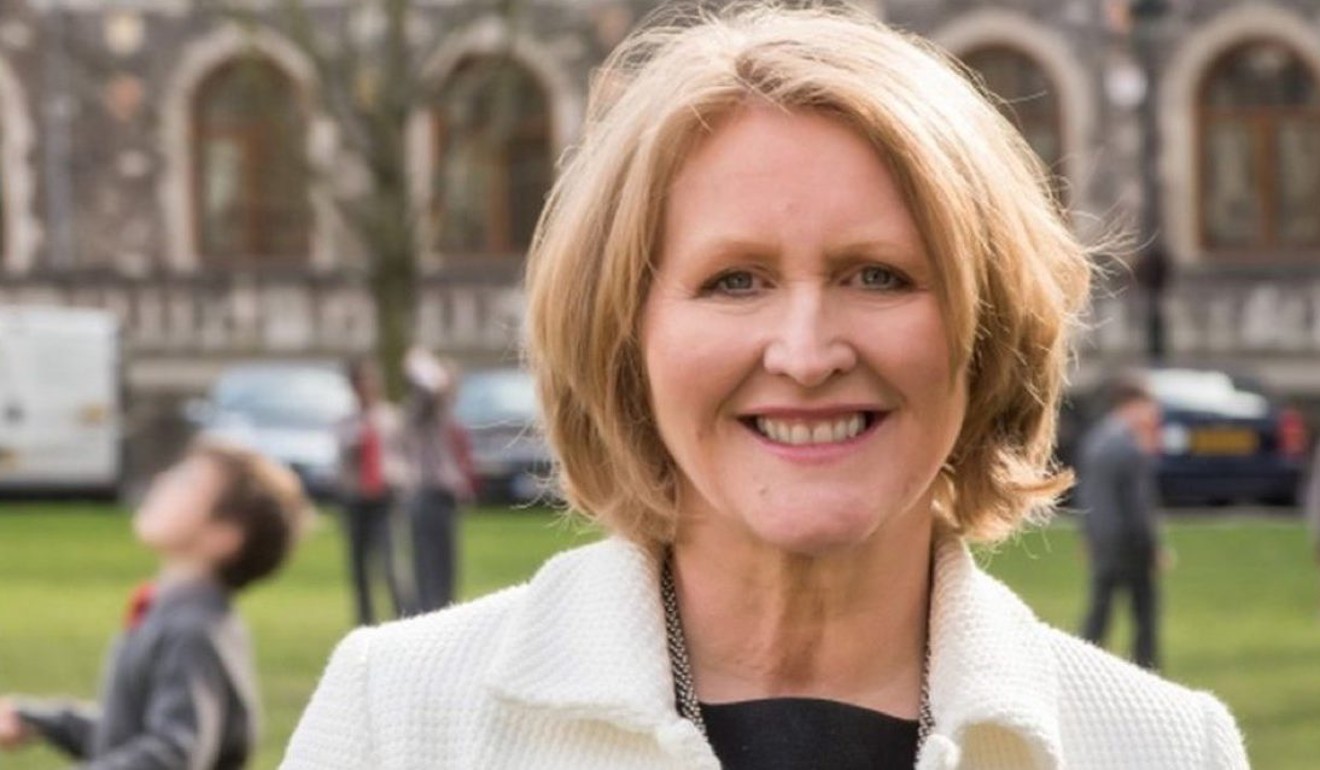
Depression in girls linked to greater time spent on social media
- Results of University College London study prompt concern about number of young women experiencing mental health problems
Girls’ much-higher rate of depression than boys is closely linked to the greater time they spend on social media, and online bullying and poor sleep are the main culprits for their low mood, new research reveals.
As many as three-quarters of 14-year-old girls who suffer from depression also have low self-esteem, are unhappy with how they look and sleep for seven hours or less each night, the study found.
“Girls, it seems, are struggling with these aspects of their lives more than boys, in some cases considerably so,” said Yvonne Kelly, from University College London, who led the team behind the findings.
The results prompted renewed concern about the rapidly accumulating evidence that many more girls and young women exhibit a range of mental health problems than boys and young men, and about the damage these can cause, including self-harm and suicidal thoughts.
The study is based on interviews with almost 11,000 14-year-olds taking part in the Millennium Cohort Study, a major research project into children’s lives.

It found that many girls spend far more time on social media than boys and they are much more likely to display signs of depression linked to their interaction on platforms such as Instagram, WhatsApp and Facebook.
It found that two in five girls are on social media at least three hours a day compared to a fifth of their male peers. While one in 10 boys do not use social media at all, only 4 per cent of girls said the same.
“The link between social media use and depressive symptoms was stronger for girls compared with boys. For girls, greater daily hours of social media use corresponded to a stepwise increase in depressive symptoms,” explained Kelly.
Depression, anxiety rife among university students in Hong Kong as academic pressure, career worries and social media take toll
For example, while 7.5 per cent of 14-year-old girls and 4.3 per cent of 14-year-old boys have been the victim of online harassment, 35.6 per cent of girls who are depressed have experienced that – double the 17.4 per cent of boys who have done so. Among teenagers who had perpetrated online bullying, 32.8 per cent of girls and 7.9 per cent of boys were depressed.
That pattern of stark gender differences was repeated when young people were quizzed about other key aspects of their feelings and behaviour, Kelly’s team found.
Social media is also closely associated with poor sleeping habits, especially among 14-year-olds showing clinical signs of depression. While just 5.4 per cent of girls and 2.7 per cent of boys overall said they slept for seven hours or less, 48.4 per cent of girls with low mood and 19.8 per cent of such boys said the same. Half of depressed girls and a quarter of depressed boys said that they suffer from disrupted sleep “most of the time”.

The authors say the sleep disruption is due to young people staying up late to use social media and being woken up by alerts coming in to their phones beside their beds. Their findings are published on Friday in EClinicalMedicine, a journal published by The Lancet.
“Inevitably there is the chicken and egg question, as to whether more dissatisfied children, who to begin with are less pleased with their body shape and have fewer friends then spend more time on social media. Nonetheless, it is likely that excessive use of social media does lead to poorer confidence and mental health,” said Stephen Scott, director of the national academy for parenting research at the institute of psychiatry, psychology and neuroscience at King’s College London.
Government ministers and Simon Stevens, the chief executive of NHS England, have called on social media companies to do much more to limit the amount of time young people spend using their platforms. Stevens has suggested taxing companies to help the NHS cover the costs of treating soaring numbers of under-18s suffering problems such as anxiety, depression, eating disorders and psychosis, which Theresa May has made a personal priority.
Anne Longfield, the children’s commissioner for England, has warned that even some children as young as nine “are becoming almost addicted to ‘likes’ as a form of social validation that makes them happy, and many are increasingly anxious about their online image and ‘keeping up appearances’.
“Their use of platforms like Instagram and Snapchat can also undermine children’s view of themselves by making them feel inferior to the people they follow,” she added.

Shannon McLaughlin, 18, from Blackburn, explained how social media has harmed her mental health.
“The sad truth is that people mostly share the positive things about life on social media, without showing the negatives. This really affected me when I was struggling with my mental health and would constantly scroll through Facebook and Instagram. Seeing that everyone was happy and enjoying life made me feel so much worse. In fact, it made me feel like I was doing something wrong. Why was I feeling so different to everyone else?”
“I think it’s important for young people to look up from their phones and focus more on the world around them, and the amazing connections that they can make there.”

